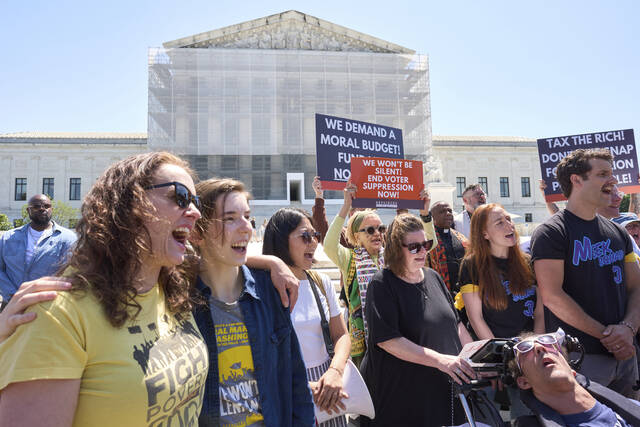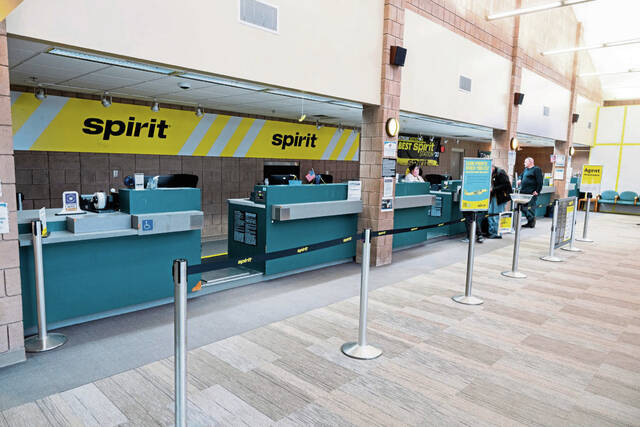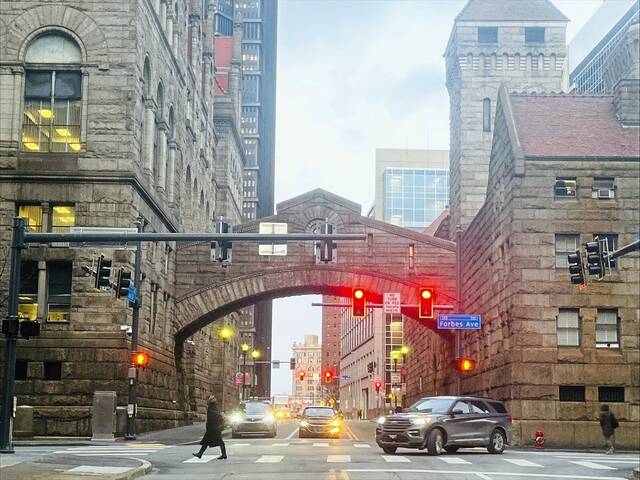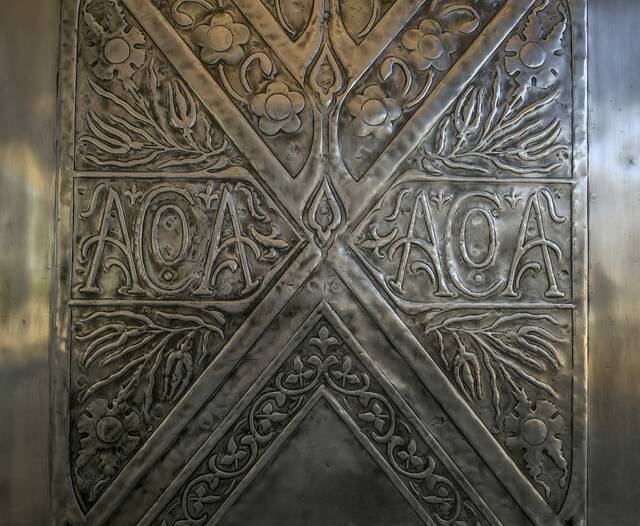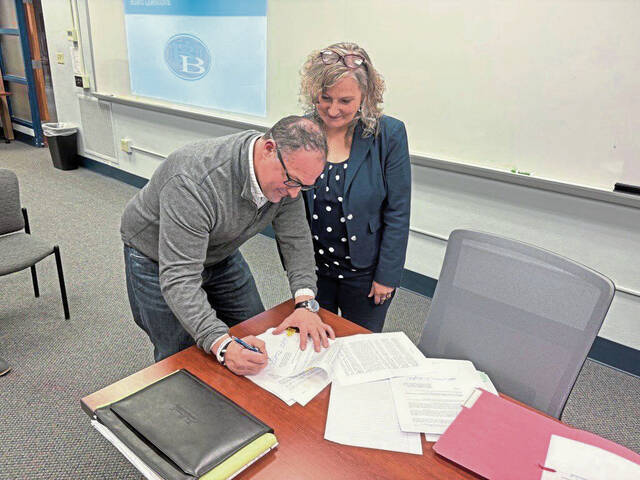There is a great deal of attention on what proposed changes to Medicaid could mean.
The U.S. House of Representatives has passed the One Big Beautiful Bill Act. As it stands, it would cut $723 billion in Medicaid funding to states. The bill is currently in the hands of the Senate. Some senators want to put money back in while others say more needs to be taken out. Either way, it would have to go back to the House for another vote if changes are made.
No matter what, it means tough choices for Pennsylvania, which is in the middle of its own budget battle. The state is unlikely to be able to pick up the slack for federal cuts.
Instead, the burden will fall on hospitals, which could be hit with the one-two punch of lowered reimbursements and an increase in uninsured patients. Both will hit the bottom line hard.
A state report puts the number of Pennsylvanians who could end up without insurance at 300,000. In a state of 13 million, that might not seem like a big deal. It’s just over 2%. But it is a vulnerable 2%.
To qualify for Medicaid, you have to fit a strict criteria. The program covers children, pregnant women, people with disabilities and those over 65. Those 64 and younger may qualify if they make less than 133% of the federal poverty threshold. That means about $20,000 or less annually for a single individual; it’s about $42,000 or less for a family of four.
The issue is these groups are all likely to need health care. The cost of preventative care is generally less than acute care. Ignore the cough a doctor could treat in the office with a $10 prescription because you don’t have the money for the out-of-pocket visit, and you can end up in the hospital. That $10 has now become thousands.
And the hospital might not see that money.
“It would be very hurtful to us. We need to get paid for the services we provide,” said Kenneth DeFurio, president and chief executive of Independence Health System.
If providers don’t get paid, the problems snowball. We have already seen ambulance services and pharmacies be affected by reimbursements before these cuts were proposed. We know there are struggles with staffing at hospitals and nursing homes.
What happens to these facilities when the bills don’t get paid? How long before jobs are cut? How long before services are cut? How long before patients — with or without insurance — have to travel to get important medical help? Pennsylvania already faces areas where a maternity patient might have to drive up to an hour to have a baby.
This might not seem like a critical problem in the Greater Pittsburgh area, where hospitals are as common as stop signs. But if other hospitals struggle, how long before that backs up appointment times at the stronger ones?
“It’s impossible to overstate how devastating these Medicaid cuts would be for Pennsylvania. It’s about life or death,” said U.S. Sen. John Fetterman.
That’s true. But it’s also about money and jobs in a bottom-line way that affects more than just the people who need Medicaid.


